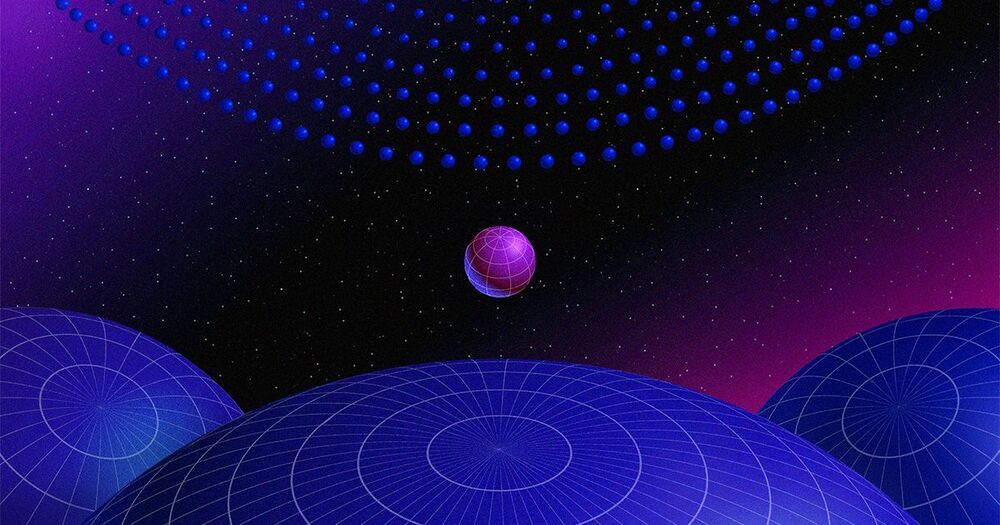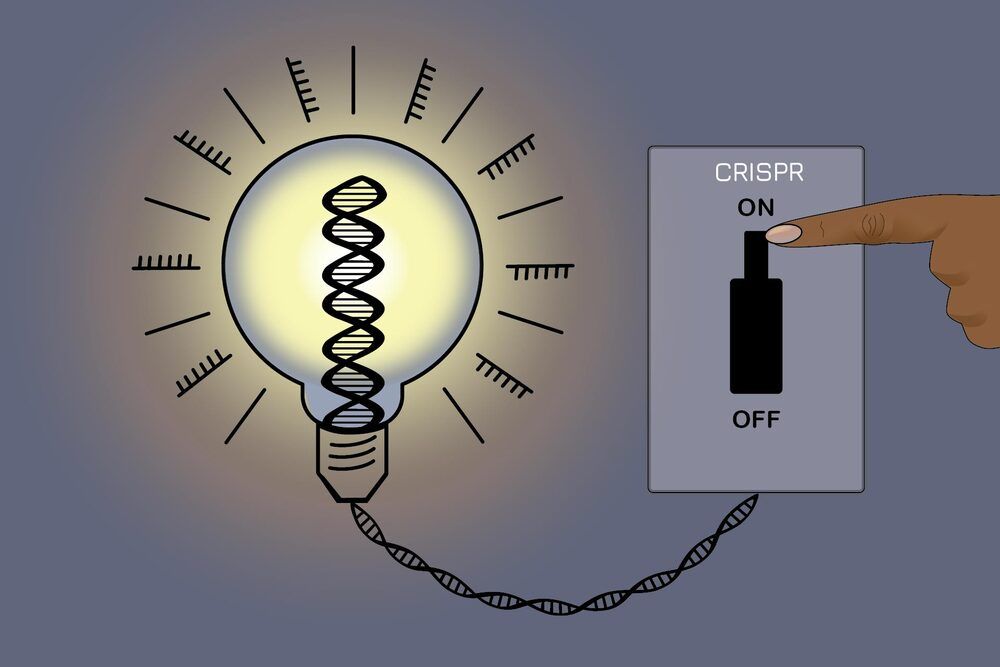Black holes seemed to come only in sizes small and XXL. A new search strategy has uncovered a black hole of “intermediate” mass, raising hopes of more to come.







The New York Times Apr 09, 2021 17:29:04 IST
Evidence is mounting that a tiny subatomic particle seems to be disobeying the known laws of physics, scientists announced Wednesday, a finding that would open a vast and tantalizing hole in our understanding of the universe. The result, physicists say, suggests that there are forms of matter and energy vital to the nature and evolution of the cosmos that are not yet known to science.
“This is our Mars rover landing moment,” said Chris Polly, a physicist at the Fermi National Accelerator Laboratory, or Fermilab, in Batavia, Illinois, who has been working toward this finding for most of his career.

Wildlife Care And Combating Emerging Zoonotic Diseases — Dr. Suzan Murray, D.V.M., D.A.C.Z.M. Smithsonian’s National Zoo and Conservation Biology Institute, Program Director, Global Health Program.
Dr. Suzan Murray, D.V.M., D.A.C.Z.M. is a board-certified zoo veterinarian at the Smithsonian Conservation Biology Institute (SCBI) and serves as both the Program Director of the Global Health Program and as SCBI’s chief wildlife veterinary medical officer.
Dr. Murray leads an interdisciplinary team engaged in worldwide efforts to address health issues in endangered wildlife and combat emerging infectious diseases of global significance, including zoonotic diseases.
Dr. Murray also acts as the Smithsonian liaison to the Foreign Animal Disease Threat and Pandemic Preparedness subcommittees of the White House’s Office of Science and Technology.
Dr. Murray’s work focuses on providing clinical care to free-ranging wildlife, pathogen detection, advanced diagnostics, training of international veterinarians and other health professionals, capacity building, and collaboration in infectious disease research at the human-wildlife-domestic animal interface. She previously served as chief veterinarian for the Smithsonian’s National Zoo and has a wealth of clinical knowledge and experience with wildlife and zoo animals both free-ranging and in human care.

New, reversible CRISPR method can control gene expression while leaving underlying DNA sequence unchanged.
Over the past decade, the CRISPR-Cas9 gene editing system has revolutionized genetic engineering, allowing scientists to make targeted changes to organisms’ DNA. While the system could potentially be useful in treating a variety of diseases, CRISPR-Cas9 editing involves cutting DNA strands, leading to permanent changes to the cell’s genetic material.
Now, in a paper published online in Cell on April 9, researchers describe a new gene editing technology called CRISPRoff that allows researchers to control gene expression with high specificity while leaving the sequence of the DNA unchanged. Designed by Whitehead Institute Member Jonathan Weissman, University of California San Francisco assistant professor Luke Gilbert, Weissman lab postdoc James Nuñez and collaborators, the method is stable enough to be inherited through hundreds of cell divisions, and is also fully reversible.

Deadline for submissions is 30 April: https://go.usa.gov/xHrE9